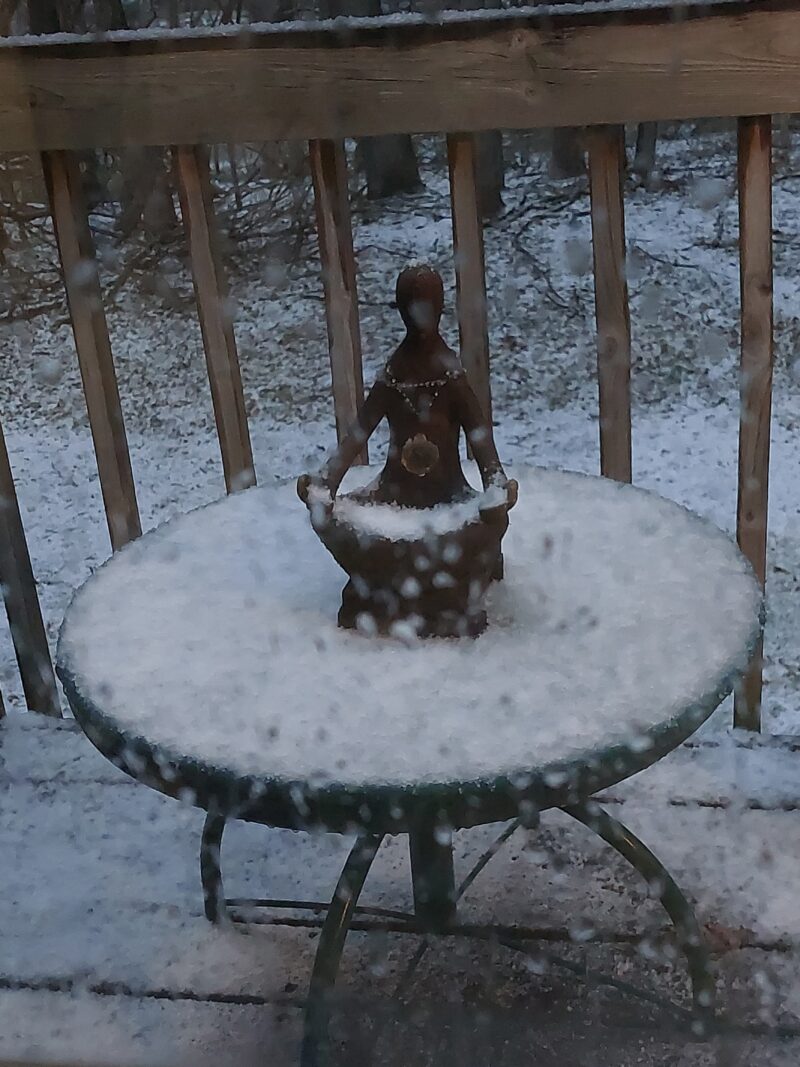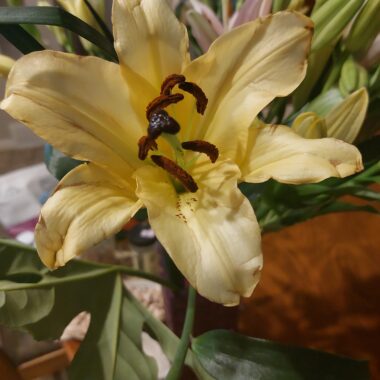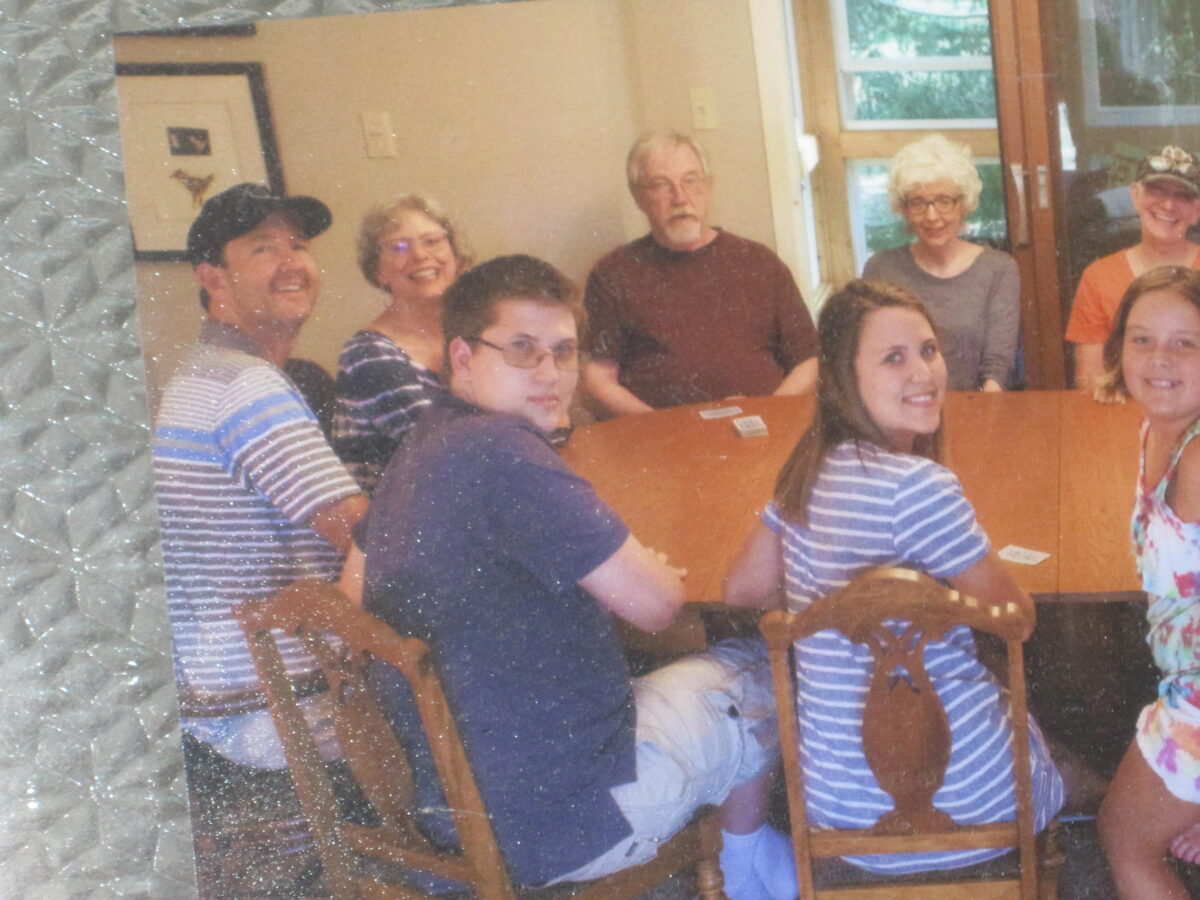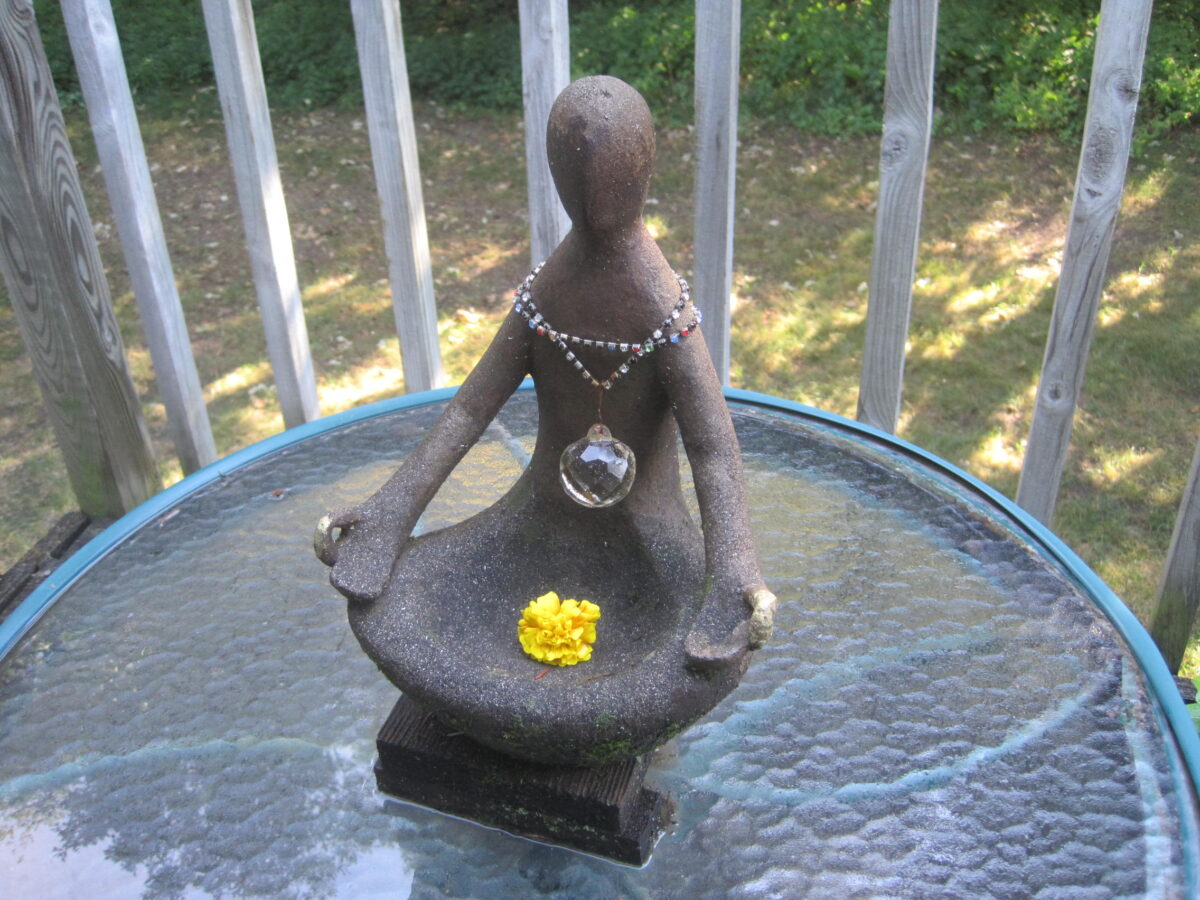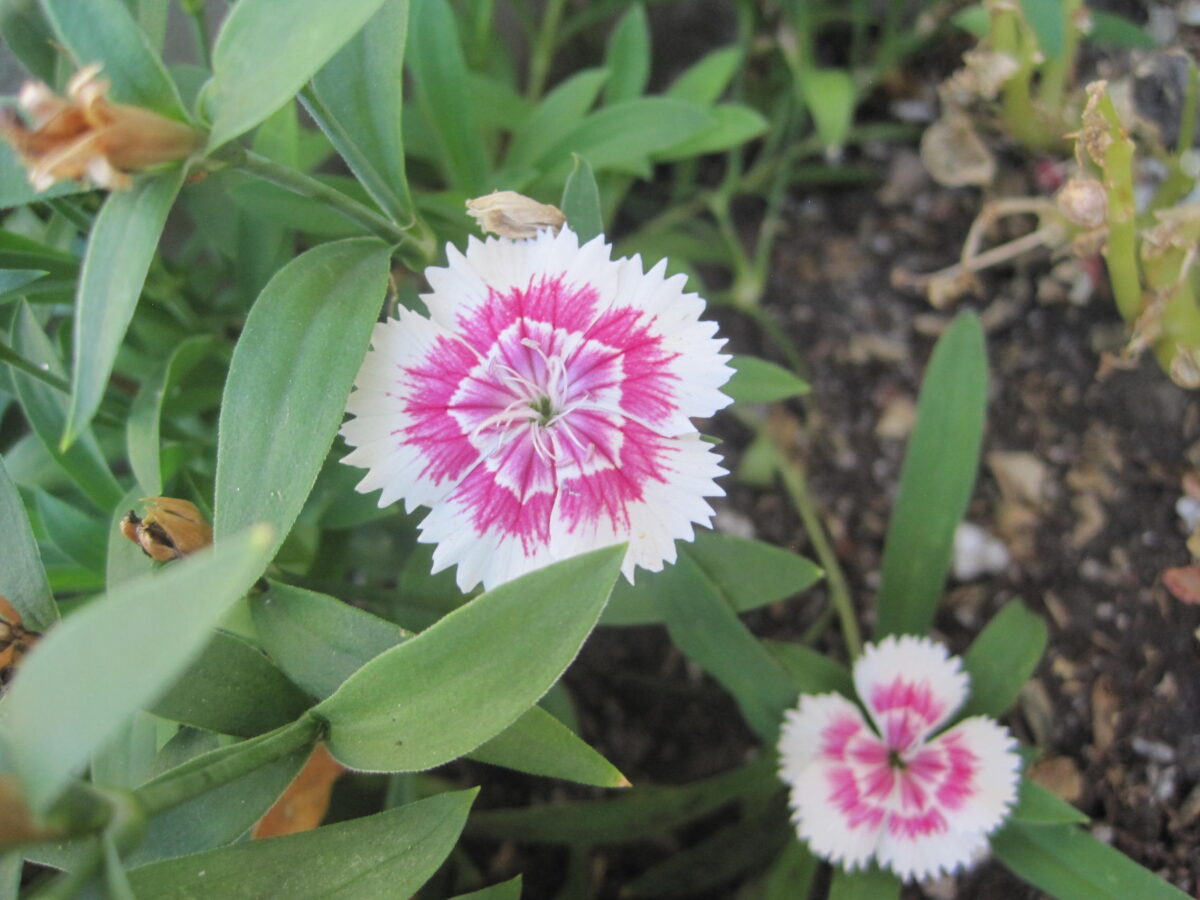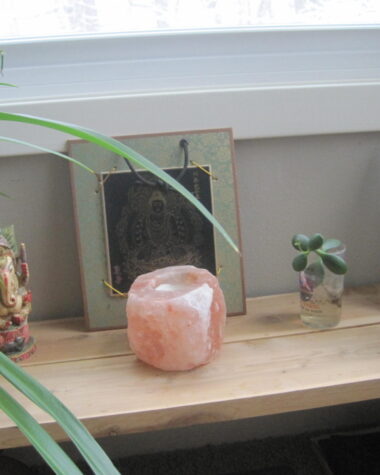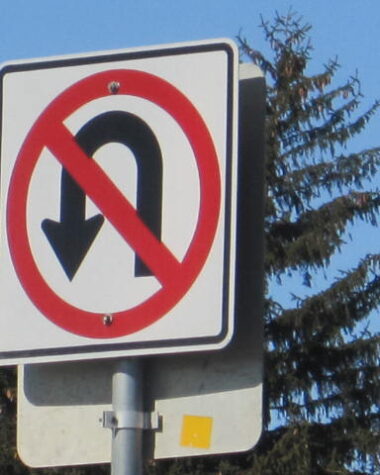The first day of spring, I was bubbling with happiness! I was wearing a new striped blouse, the relative humidity was perfect for my curly hair, a friend wrote to thank me for last week’s post, and the sun was shining.
The second day of spring, my bubbles evaporated and I was bummed. This was after reading about book bans in the Des Moines Register and realizing my husband had recycled my favorite protein powder receptacle. I sulked over not hearing directly from my daughter-in-law, who was visiting her daughter in France. It was cloudy, to boot.
The above two paragraphs were an attempt to begin a post for this week. Trying to make sense of what the post was going to be about, I kept writing: “I’m setting a goal to be less influenced by external conditions. To always feel connected to the essential goodness around me and in me. I want to be okay with whatever is happening.”
Have you seen the bumper sticker that says: “Don’t believe everything you think”? After sitting with this new, positive goal for a while, feeling content and satisfied with myself, uneasiness crept in.
Had I slipped back into my “above it all” posture? The one where I was impervious to being disturbed, viewed others who were suffering, felt sorry but didn’t really understand why they were letting it all get to them so much. I’d even written about this as one of my defensive tactics in my first memoir and was now horrified to realize it had shown up again.
Feeling a bit heartsick, I discerned the problem wasn’t that I was too influenced by external conditions. Like a flower that responds to sunlight and rain, clouds and drought, I will similarly react to what is happening in me and around me.
Maybe I’d just like to be more skillful in how I relate to what happens. To know clearly what I’m feeling and be ready to jump right in and express myself. Act spontaneously in ways that would keep me fully in life and not separate me from others.
This reminded me of an interview I heard of a British psychoanalyst who wrote a book about the pediatrician, Donald Winnicott. Using her lovely British accent, the psychoanalyst quoted Winnicott: “I want to be alive when I die.”
What would it mean for me to be alive when I die?
What would it mean for you to be alive when you die?
IMAGE: Snow-covered Guardian through rain speckled glass at 6 AM.
